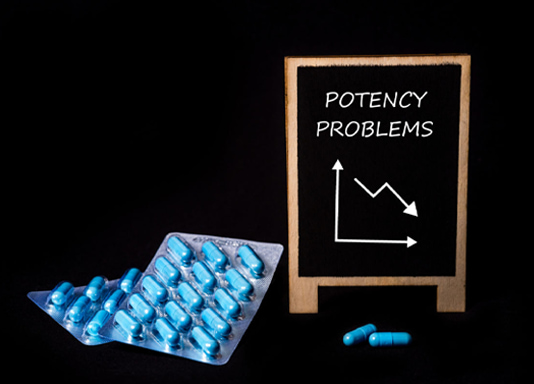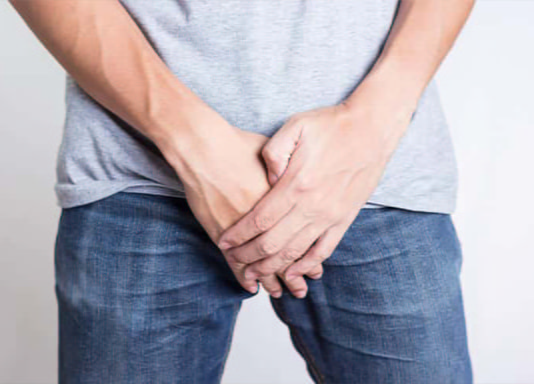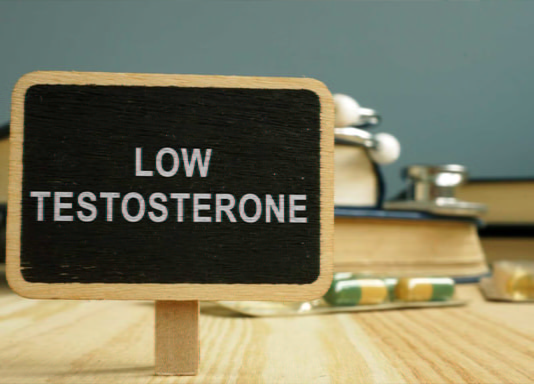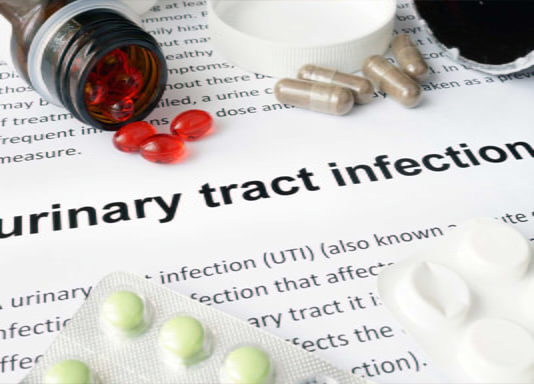Is Erectile Dysfunction Inevitable?
Erectile dysfunction (ED) is the inability to have or maintain an erection firm enough to have a satisfactory sexual intercourse. One common assumption is that ED solely increases with age. The fact is that weak erection / impotence and the inability to maintain an erection are not always age-related. Rule of thumb is that Aging doesn’t necessarily mean you’re destined to develop ED open-endedly. Yes age can make you more prone to ED, but there are always medical ways to treat it. Learn more about ED and beat the worries off:
What Is Erectile Dysfunction (ED)?
Impotence is a condition that consistently affects a person’s ability to achieve or maintain a satisfactory erection.
Reliable estimates suggest that one of every ten men will suffer from ED at some point during his lifetime, and it is important to understand that in the vast majority of cases, ED is a symptom of an underlying problem. Moreover, ED may be associated with other problems that interfere with intercourse, such as lack of desire and problems with orgasm and ejaculation. Impotence often has a negative effect on erotic life, and can cause additional stress, depression, and low self-esteem.
Understanding the most common potential causes of ED can help a person identify why they may be experiencing the condition, and alert them at an early stage so as to seek professional help:
1. Endocrine Diseases:
Diabetes is a typical and most horrid example of an endocrine ailment that can cause a person to suffer from weak erection. Diabetes hampers either the production of insulin or the body’s ability to utilize the available insulin. One of the side effects associated with chronic diabetes is nerve damage, starting with the fine peripheral nerves of the body, among which is the penile nerve supply. This affects penile organ sensations. Other diabetes-induced complications include impaired penile blood flow. All of these factors ultimately contribute to impotence.
2. Neurological and Nerve Disorders
Several neurologic conditions can increase the risk for impotence. Some nerves illnesses negatively affect the brain’s ability to communicate with the male reproductive system. This can prevent a person from achieving an erection. Examples include Alzheimer’s disease, Parkinson’s disease, brain or spinal tumors, multiple sclerosis, and brain strokes.
Also, people who have had open prostate gland surgery may also experience nerve damage that ultimately leads to impotence.
Long distance bicycle riders may also experience some degree of temporary impotence. This is because of the repeated and sustained pressure on the buttocks and genitals which eventually can affect the function of the nerves.
3. Certain Medications
Taking certain medications can negatively affect blood flow to the penile organ, which can lead to ED. A person should never stop taking a medicine without their doctor’s permission, even if it’s known to cause impotence. Some of the classical medications taken for the treatment of high blood pressure and gastric reflux can have a negative effort on erection. Your doctor will be able to give you accurate information about this and assist you in find a reliable substitute that has no effect on erection while being as effective in treating the underlying cause as the original medication
4. Heart-Related Conditions
Illnesses that affect the heart and its ability to pump blood well can cause impotence. Without adequate blood flow to the penile, one cannot achieve a proper erection.
Atherosclerosis, another devastatingly-common ailment, is a condition that causes the blood vessels to become clogged, this eventually can cause impotence. High cholesterol and high blood pressure (hypertension) are also associated with escalating risks for impotence.
5. Lifestyle and Emotional Conditions
To achieve a satisfactory erection, a person usually goes first through what is known as excitement ` arousal` phase. If a person has an emotional disorder (e.g. overwhelming stresses, depression, anxiety, etc.), this affects their ability to become sexually excited.
Treatment
There are a variety of medical treatments that can be used to treat impotence, including prescription medications, natural remedies, and lifestyle changes (e.g. cessation of smoking, reducing anxiety / depression, regular physical exercise, healthy diet, enough sleeping, etc.).
Make an Appointment with Your Doctor
If you are experiencing difficulties achieving or maintaining a satisfactory erection, make an appointment to see your doctor now. Your doctor can determine the cause of ED with a blood test and physical and psychosocial exams. There may even be more than one underlying cause.
Treatments for ED are very successful for most men, so the sooner you seek treatment, the sooner you will be able to return to normal erectile function and potency. Once the problem is properly identified, ED may be treated so you can lead a happier, healthier life.












